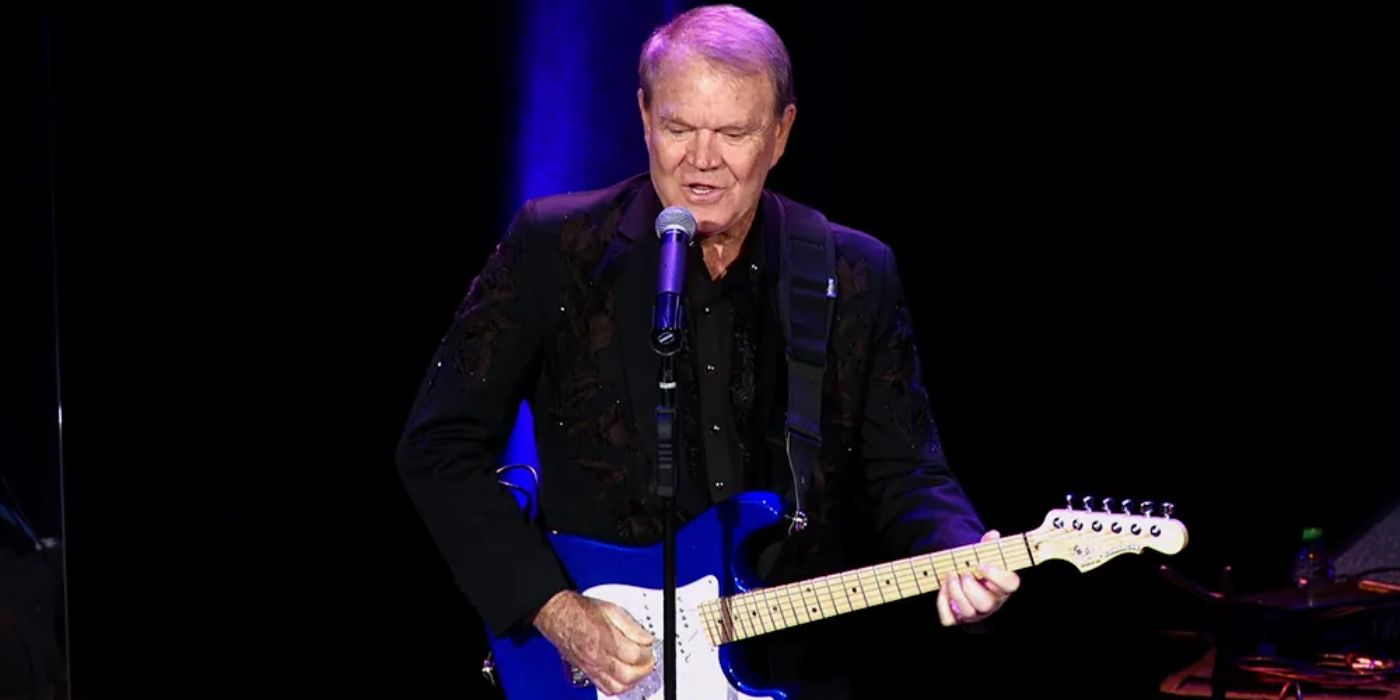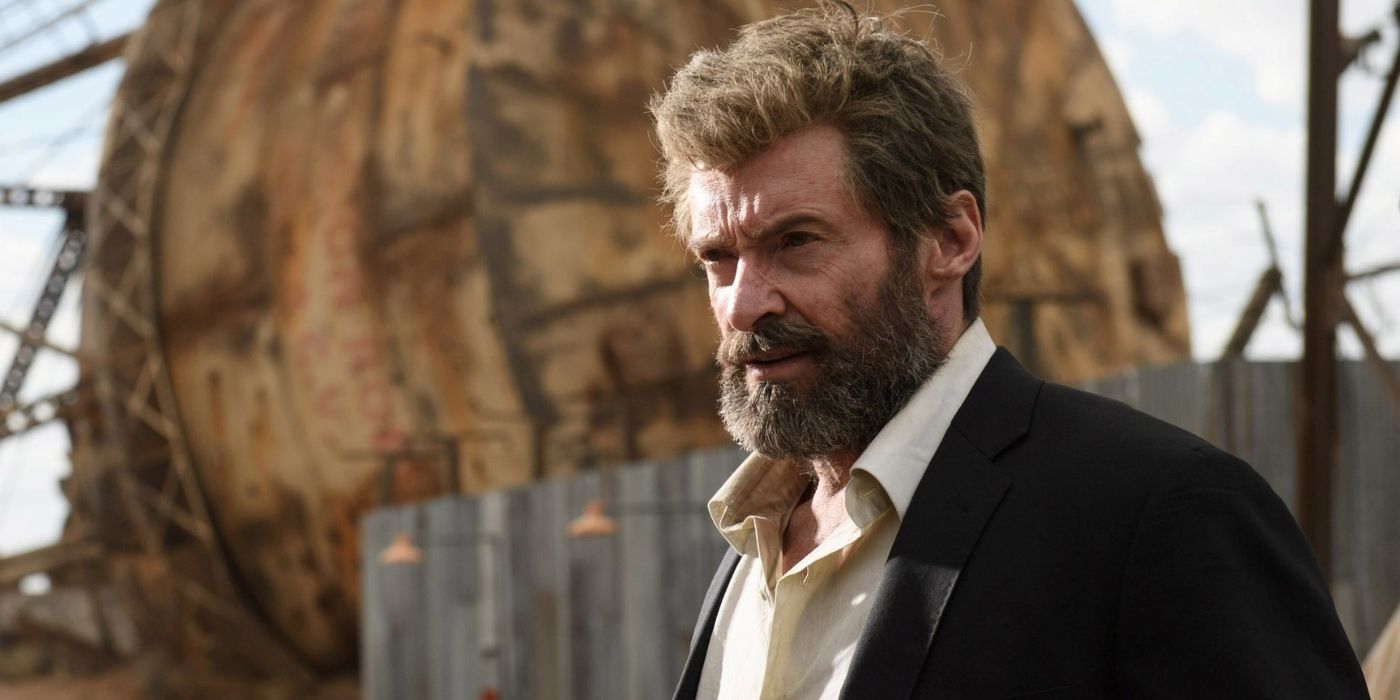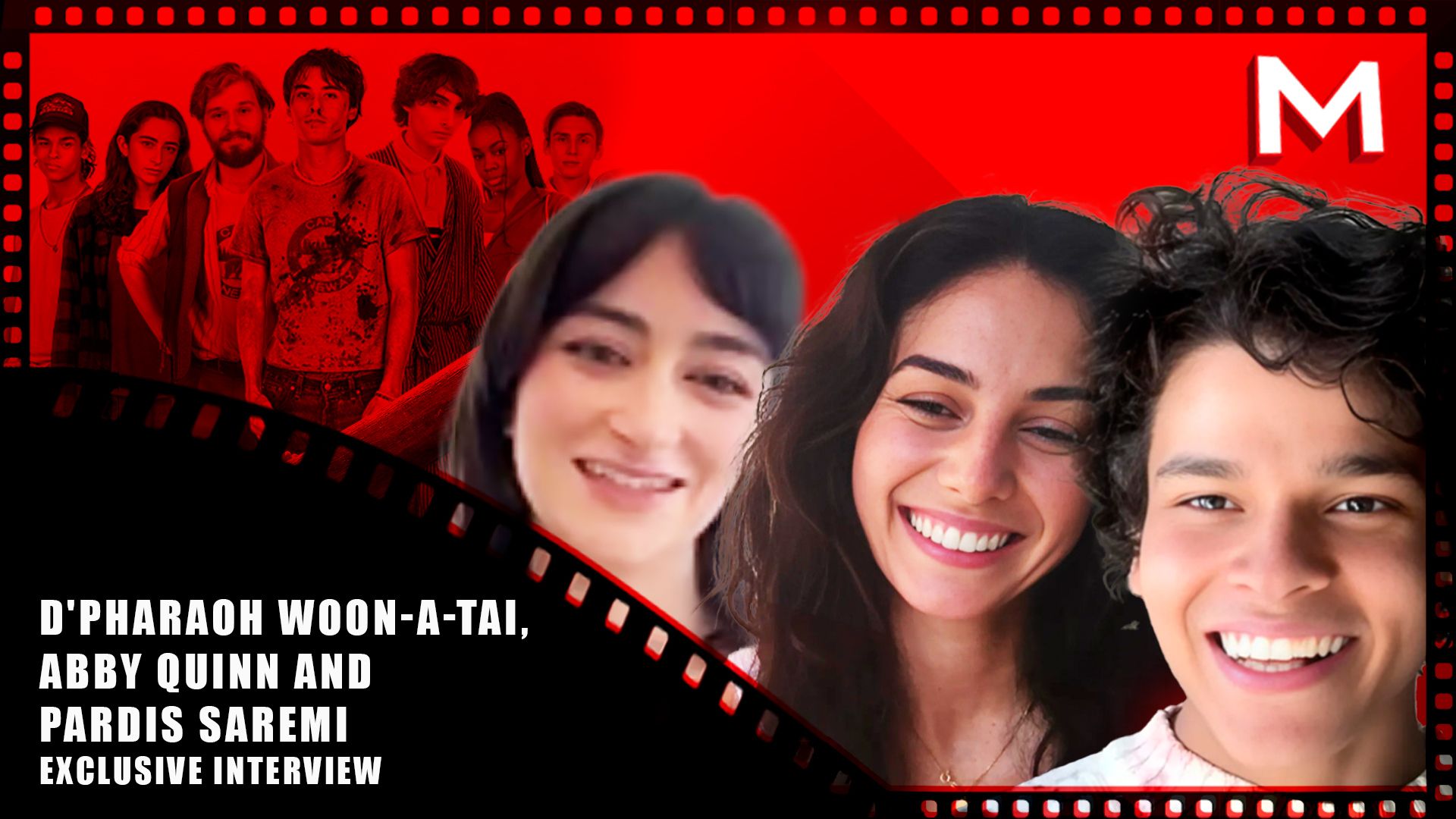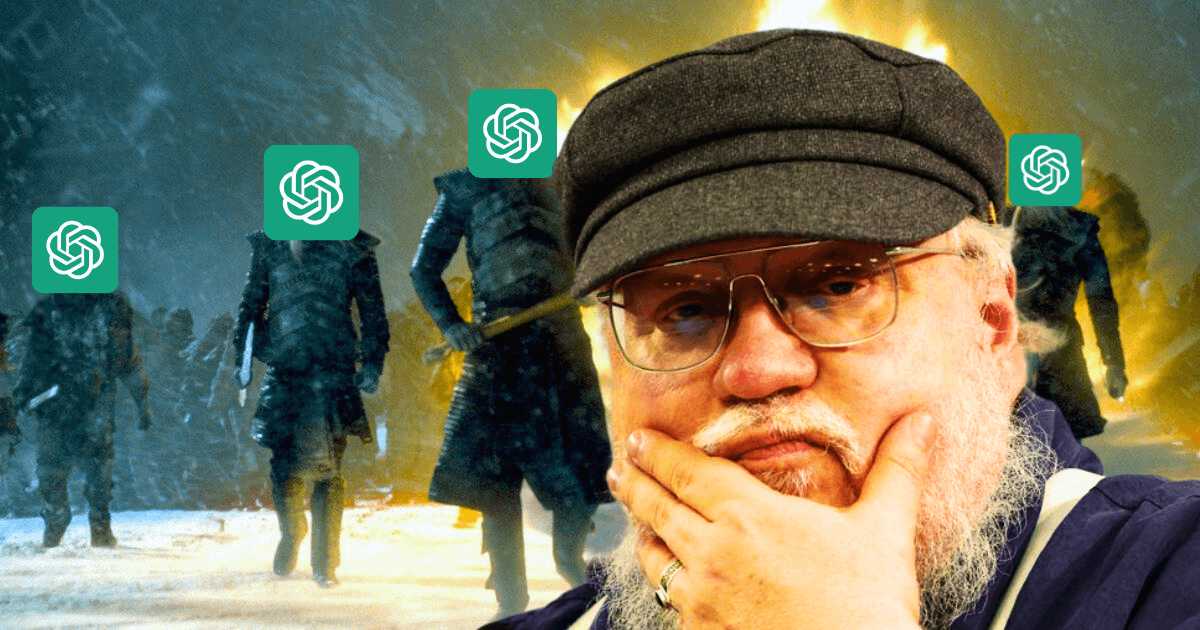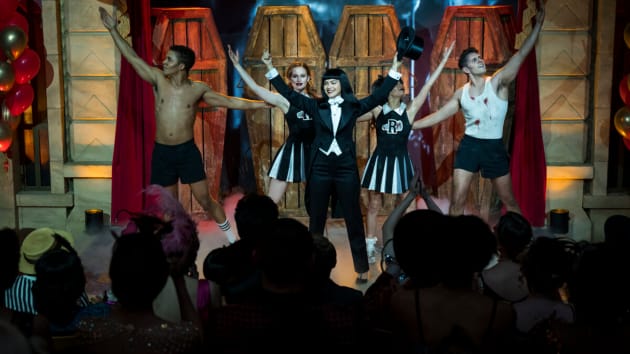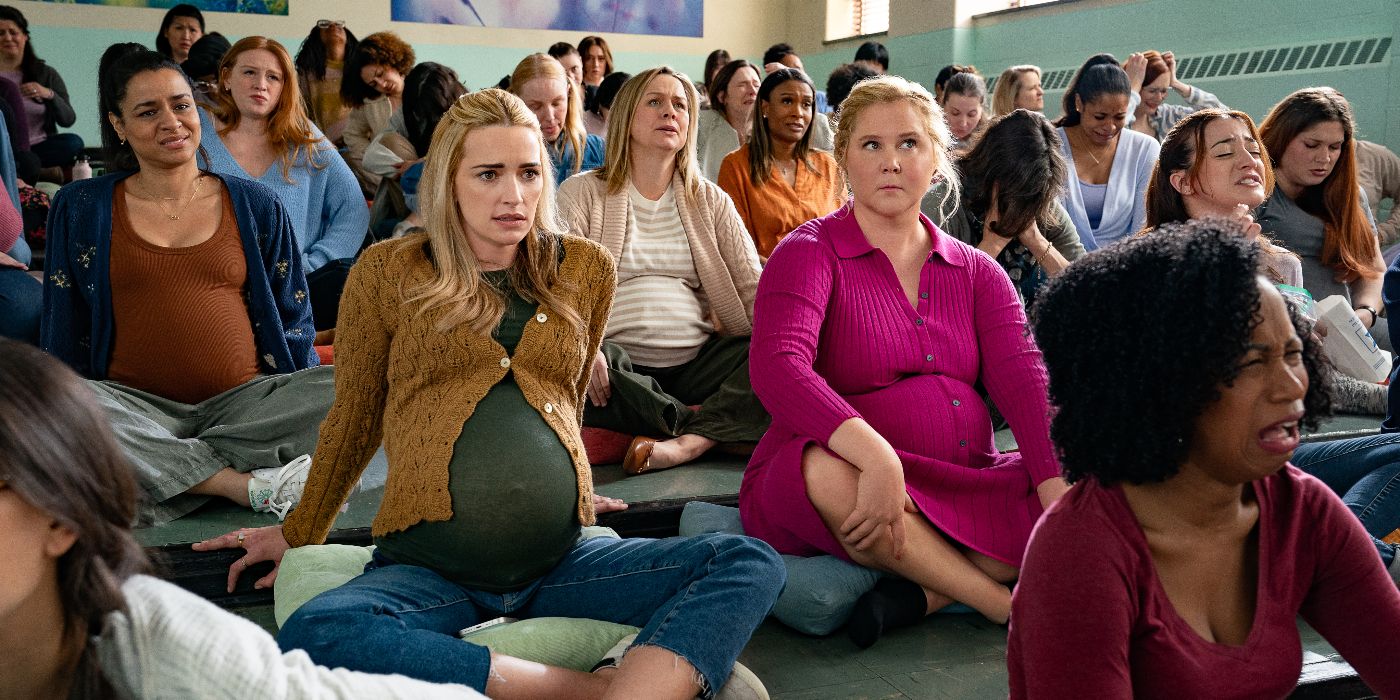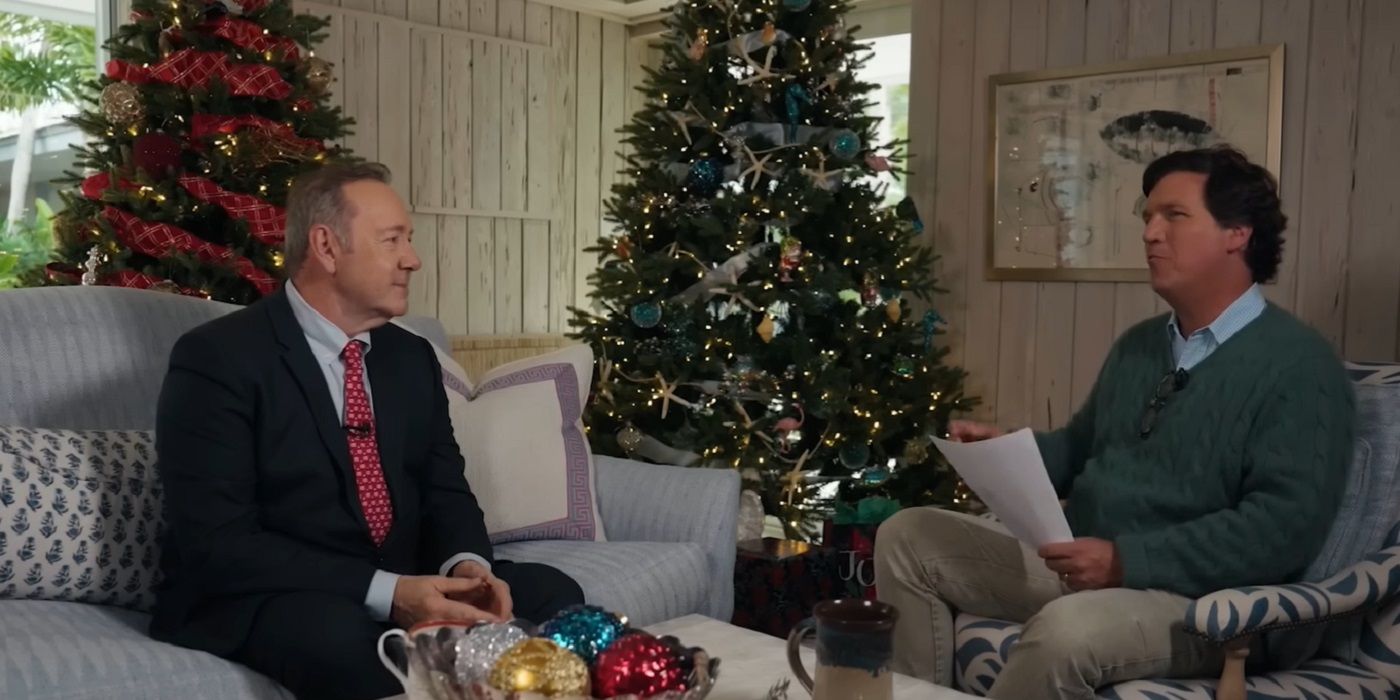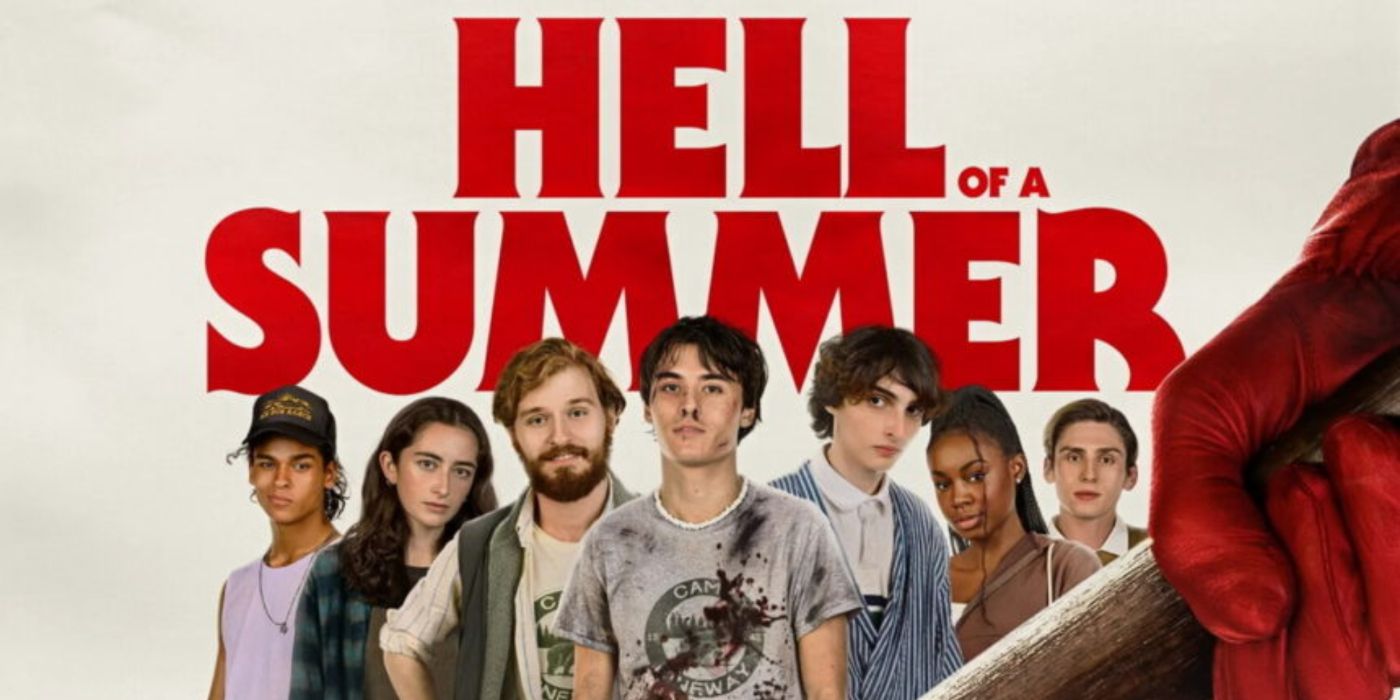Summary
- George R.R. Martin and other esteemed authors have filed a lawsuit against OpenAI, accusing them of using copyrighted works to enhance ChatGPT.
- The Authors Guild is demanding an immediate halt to the unauthorized usage of their works and seeking monetary damages up to $150,000 per infringed work.
- This lawsuit highlights the need to protect the rights of authors and maintain the integrity of their works in the face of advancing technology, emphasizing the delicate balance between innovation and tradition.
In a world where art and technology constantly intersect, a fresh controversy has erupted, sending shockwaves through the literary world. George R.R. Martin, the celebrated author behind the phenomenon that is Game of Thrones, along with sixteen other esteemed writers, has embarked on a legal battle against the OpenAI’s ChatGPT. Filed by the prestigious Authors Guild in the U.S. District Court for the Southern District of New York on September 19, this lawsuit accuses OpenAI of unauthorized use of copyrighted works to enhance the capabilities of ChatGPT.
A notable assembly of authors including David Baldacci, John Grisham, and Jodi Picoult, have come together in a strong alliance to guard their intellectual rights, prompted by this audacious move. The lawsuit claims that OpenAI sourced books from unauthorized eBook repositories, integrating them into the very core engines that operate ChatGPT. This alleged unauthorized usage is a point of contention for the authors who demand an immediate halt to the use of their works for training the AI, along with seeking monetary and statutory damages that could amount to up to $150,000 per infringed work as per Variety.
The implications of this lawsuit extend beyond individual grievances. Authors Guild president and class representative, Maya Shanbhag Lang, asserts that this legal maneuver marks the inception of a more extensive endeavor to shield authors from potential exploitation by OpenAI and similar generative AI entities. Armed with an extensive knowledge of copyright law and a steadfast determination, the Guild is fully equipped for a lengthy legal fight to ensure the rights and reputations of global authors.
Amidst the tumult, the case highlights an instance where ChatGPT was allegedly employed to generate the yet unpublished sixth and seventh books in Martin’s globally acclaimed A Song of Ice and Fire series. This, along with reported instances of AI-generated books appearing on Amazon under the guise of human authorship, accentuates the necessity for this legal intervention to uphold the integrity and rights of authors across the globe.
RELATED: Game of Thrones Fans Created the Last 2 Books of A Song of Ice and Fire Series using AI
OpenAI’s Dialogue: Seeking Common Ground in AI and Creative Rights
OpenAI
With ongoing dialogues with global creators and the Authors Guild, OpenAI expresses optimism for reaching a mutual agreement that recognizes and tackles the issues related to AI and creative rights. Their commitment to cooperative understanding and discussion signals a potential pathway towards harmonizing technological advancement and artistic rights, reflecting the evolving landscape of creativity in the era of artificial intelligence.
In the panorama of this legal confrontation, George Saunders, another author involved in the lawsuit, articulates a broader cultural and democratic perspective. Saunders emphasizes the fundamental role of writers in society as navigators of human imagination amidst the complexities of reality. The fair compensation and respect for a writer’s work, according to Saunders, not only recognize the value of their contribution but also echo the societal esteem for intellectual and creative labor, reinforcing their critical role in nurturing a thriving democracy.
As the legal gears slowly turn, this lawsuit stands as a landmark in the unfolding narrative of art and technology. It underscores the perennial quest for equilibrium between technological progress and the preservation and respect for creative rights, a delicate balance pivotal for fostering a future where both can flourish symbiotically. This legal endeavor mirrors the broader societal endeavor to harmonize innovation with tradition, ensuring that the swift currents of technological advancement do not erode the rich banks of human creativity and intellectual rights.
You can view the original article HERE.

